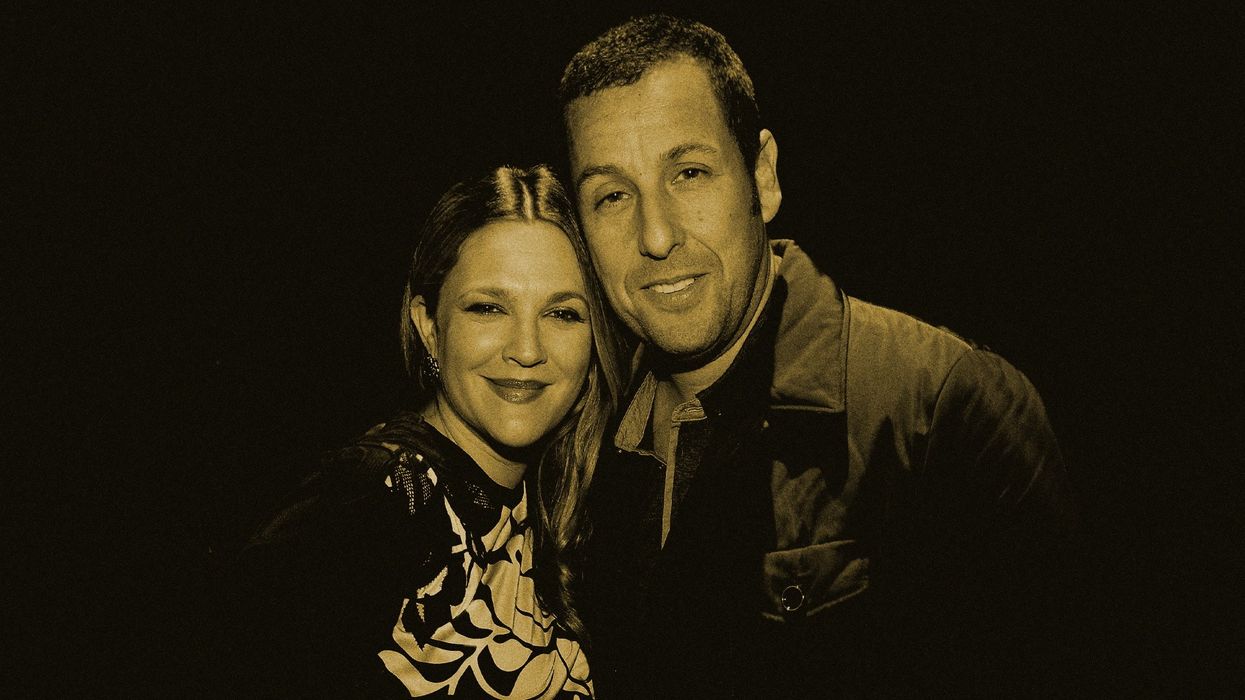
5 Life-Changing Lessons from The 7 Habits of Highly Effective People
Since its release in 1989, author and management expert Stephen Covey’s self-help classic The 7 Habits of Highly Effective People: Powerful Lessons in Personal Change has helped transform the way millions of people all around the world live and work.
The title clearly conveys great value -- who wouldn’t want to know the seven habits of highly effective people? After all, aren’t the lot of us trying to achieve great dreams and goals? And we need to maximize our productivity and efficiency to get there, right?

However, if you’ve never read the book, you wouldn’t know that you’re missing out on so much more than just those seven habits. The book is a veritable treasure trove of productivity and achievement wisdom on a level that few books have ever come close to matching– and we’re about to open the chest.
There are three constants in life... change, choice and principles.– Stephen Covey
Here are five life-changing lessons on productivity and achievement from The 7 Habits of Highly Effective People:
1. Master the ‘four quadrants of time-management’
The first life-changing lesson is one of the most important you could ever learn about maxing out the value of your time. It’s called the “Eisenhower method” and it’s named after former U.S. president Dwight D. Eisenhower, who was reportedly the first to use it.
In his book, Covey calls it the “four quadrants of time-management” and expands upon the idea further.
The four quadrants are as follows:
- Quadrant 1: Important, Urgent
- Quadrant 2: Important, Not Urgent
- Quadrant 3: Not Important, Urgent
- Quadrant 4: Not Important, Not urgent
The basic idea behind the four quadrants is this that there are two primary factors which are constantly fighting against one another when it comes to our actions: urgency and importance.
By organizing our tasks based on all four possible combinations of these two principles, you can identify where you should be placing most of your time (hint: it’s Quadrant 2) and which should be pushed back for those priority tasks.
2. Create it in your mind before attempting to make it a reality
Every great achievement in recorded history took forethought and planning to achieve. So, before you can ever hope to make something a reality– or, at the very least, as you go– you must first create a clear and thorough plan for doing just that.
More than just creating a plan for achieving X goal, this is about reverse engineering your success.
It’s about looking forward into the future and imagining yourself accomplishing said goal and then working backward to imagine how, piece by piece, you might make that goal a reality in concrete, measurable terms.
Covey says we need to, “begin with the end in mind” and use our imagination to craft a vision that is not just compelling, but practical.
3. Find your circle of influence and focus in
This is one of the greatest productivity lessons of all: the "Circle of Concern."
Throughout our life, we have many different things which we care about and that concern us. This includes family, health, our job, long-term career goals, politics, the threat of war, and so on. This is our circle of concern.
However, within this circle of concerns there are many things which we can’t do much about, or, at least, as much as other things. By focusing in on those things within our circle of concern which we can exert the most influence over, we can maximize our influence and productivity. This is our circle of influence.
It’s your job to find your own circle of influence, whether that’s within your work, business, or life at large so you can find the things which will be the most productive use of your time.
4. Focus on fundamental principles
Principles are deep, fundamental truths, classic truths, generic common denominators. They are tightly interwoven threads running with exactness, consistency, beauty, and strength through the fabric of life.
In 7 Habits, Covey talks about the relatively recent shift (last century) from a principle-centered method of self-improvement to one which is now focused on acquiring things such as skills and abilities.
Since even before the ancient Greeks, principles-centered living was known to cultivate character, and that cultivation of character led to happiness and achievement. This way of living creates a sort of harmony between us and the world that allows us to move about the world more effectively.
I personally love this approach because it develops virtues in you which make you a stronger, wiser, and more effective human being as a whole, not one specialized in one or two subjects which then has problems in areas in which they don’t have sufficient skill or experience.
5. The 4 generations of time-management
The final lesson is one of my favorite of all and it’s an incredibly smart insight into the way our mind works and how we can maximize our productivity.
Covey refers to it as the ‘four generations of time management’ and he describes them as so:
- 1st Generation: The "to-do" list. An “effort to give some semblance of recognition and inclusiveness to the many demands placed on our time and energy.”
- 2nd Generation: Future planning such as personal calendars. No longer simply dealing with the wave of demands, we now seek to take control.
- 3rd Generation: Adds prioritization + goal setting. Certain things are more important than others, so we must compare the value of each activity and structure our time in a way that matches these priorities.
- 4th Generation: Shift in perspective from time and “things” to cultivating relationships and results.
Covey finishes with one of the most important lessons of all:
[The 4 generations of time management] recognizes that ‘time management’ is really a misnomer–the challenge is not to manage time, but to manage ourselves. Satisfaction is a function of expectation as well as realization. And expectation (and satisfaction) lie in our Circle of Influence.































